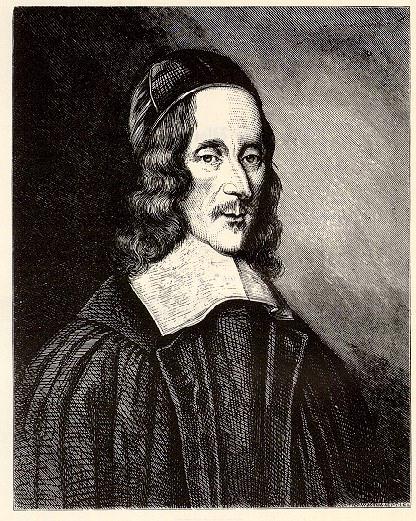By 2070, Christianity will decline to the point that Christians will no longer be in the majority in the United States. So journalists are saying, based on a recent Pew Study.
Now the actual study is a projection based on four scenarios. And the conclusion is based on the most questionable kinds of predictions: extrapolating current trends to the nth degree. This is what computer models do–including those that predict climate Armageddon–but they can never account for all factors and fall far short of proving any kind of objective truth.
But it is true that the number of even nominal Christians is shrinking and that may well continue. That is not a catastrophe for Christians, except for those who believe that numerical growth is the test for whether or not the church is “alive.” After all, Jesus Himself says, “the gate is narrow and the way is hard that leads to life, and those who find it are few” (Matthew 7:14).
The thought of Christianity dwindling in America called to mind some lines from my favorite poet–and the subject of my first book–George Herbert.
After he died in 1633 and when his friend Nicholas Ferrar tried to publish his poems, this supreme Christian poet was cancelled, as conservatives call it today. Or, if you prefer to use the term favored by liberals, his book was banned. Not because it violated the canons of political correctness or moral rectitude. But because of these four lines in a 305-line poem entitled “The Church Militant“:
Religion stands on tip-toe in our land,
Readie to passe to the American strand. . . .Then shall Religion to America flee:
They have their times of Gospel, ev’n as we. (lines 260-262; 273-274)
The official censors of King Charles I–whose rejection of the freedom of speech, press, and religion would inspire the American founders in the other direction–believed that these lines showed support for the Mayflower pilgrims of 1620 and the other colonists who were moving to America for religious reasons. Such support, along with the implication that there was something wrong with the Church of England, was not allowed.
Ferrar, who had strong connections himself, persuaded the censor to let it go. The result was the publication of The Temple, one of the greatest collections of Christian poetry according to both literary and theological standards, a book that all Christians would do well to read.
“The Church Militant” is about the progress of the Church as the Gospel goes out throughout the world, but it is also about its conflict with Sin, which seems to defeat the Church where it once was strong. Nevertheless, according to Herbert, both the Church and Sin are drawing ever closer to Christ’s return and the final judgment, when the Church will be victorious.
Here is the context of those controversial lines about America:
Religion stands on tip-toe in our land,
Readie to passe to the American strand.
When height of malice, and prodigious lusts,
Impudent sinning, witchcrafts, and distrusts
(The marks of future bane) shall fill our cup
Unto the brimme, and make our measure up;
When Sein shall swallow Tiber, and the Thames
By letting in them both, pollutes her streams:
When Italie of us shall have her will,
And all her calender of sinnes fulfill;
Whereby one may fortell, what sinnes next yeare
Shall both in France and England domineer:
Then shall Religion to America flee:
They have their times of Gospel, ev’n as we.
Malice, lusts, “impudent sinning,” witchcrafts, and distrust–those are clear enough and speak to our own times 400 years later, when religion now seems to be on tip-toe and ready to flee from America.
What’s that about the rivers Seine (in France), Tiber (in Rome), and the Thames (in England)? Historian of religion Philip Jenkins–in his illuminating paper Then Shall Religion to America Flee: George Herbert and the Church Militant–says that those lines refer to Herbert’s worry at King Charles I marrying Henrietta Maria, the Catholic daughter of the French King, who was bringing Catholicism to the English court, a religion that Herbert feared was also making inroads to the English church.
Herbert believed that each land would have its opportunity to hear the Gospel. His poem describes the Gospel–and thus the Church that it creates–going from Jerusalem to Egypt, to Greece, to Rome, to Germany, and to England. In each of those lands, it would fade after awhile, but now it is about to venture out into America.
Luther sometimes talked that way, warning his fellow Germans that the Gospel that they have started to take for granted may depart from Germany as well.
And, in some sense (but not a total sense), the nations of Europe are bereft of the religion they once cherished, as they lead the world in secularism. America is far more religious, but will that continue? Maybe not. Where will it “flee” now? Well, as has often been reported, the Gospel and the Church it creates are flourishing in Africa, Asia, Eastern Europe, and–coming full circle, despite intense persecution–in the Middle East.
The Pew Study that projects Christianity’s decline mentions immigration in its scenarios, but associates that with the growth of non-Christian religions. But it may well be that the immigrants will bring Christianity back to America and even Europe.
Illustration: George Herbert by Robert White (1674) via picryl, Public domain













